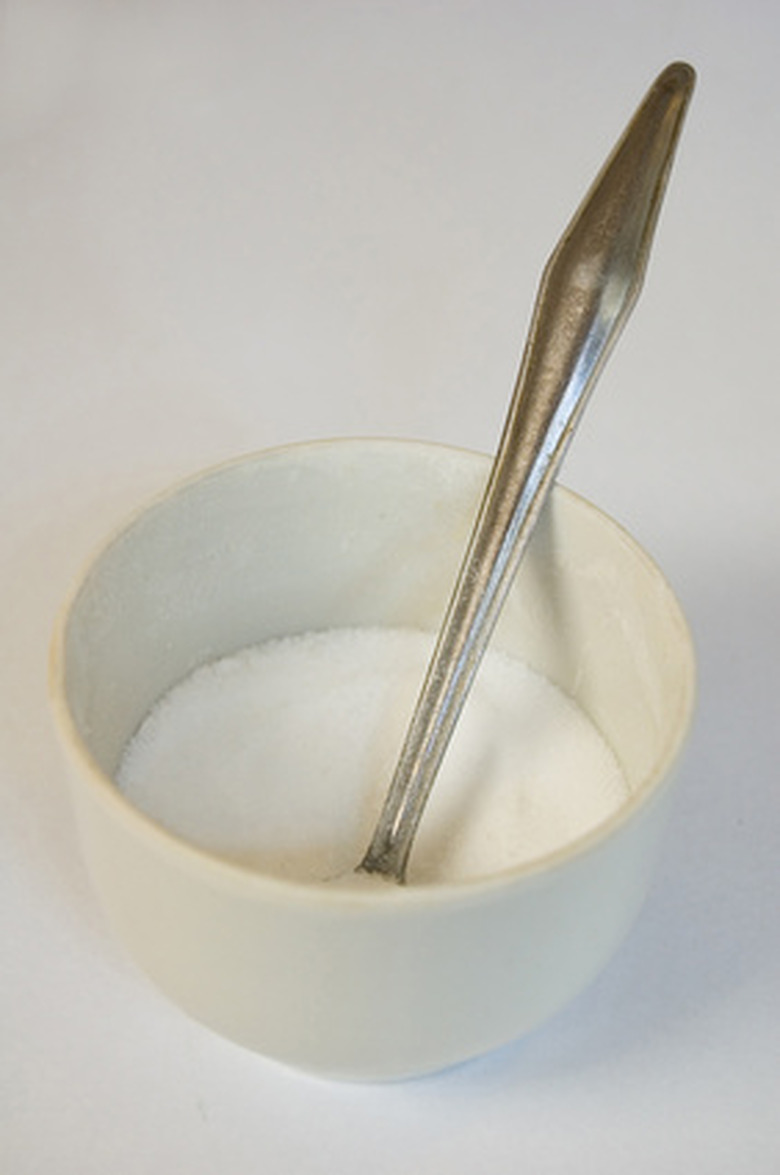Salt Water Effects On Plants
If you water your plants with mineral water or bottled drinking water, you may get to see the effects of salt water on your house plants firsthand–and these results aren't pretty. Hard tap water may also cause a build-up of salt and other minerals in your house plants and is an important environmental concern as well. As salty water intrudes from open sea into coastal wetlands, plants ill-prepared to deal with the saltwater invasion suffer.
Saline Build-up in the Soil
Constantly watering a plant with even a dilute solution of salt water will cause salt to accumulate in the soil. In fact, any constant impurities in the water you use will begin to build up. As the water is taken out of the soil by the plant's roots and the process of evaporation, minerals in that water will remain behind. Eventually these minerals will reach toxic levels, negatively affecting the plants.
- If you water your plants with mineral water or bottled drinking water, you may get to see the effects of salt water on your house plants firsthand–and these results aren't pretty.
Saline Toxicity in Plant Tissues
In excessively saline soil, plants take up extra salt via their roots and integrate it into their tissues. When too much salt gets into the cells of a plant's roots, stems and leaves, it disrupts the chemical reactions on which the plant relies for food production. The plant becomes malnourished and experiences stunted growth. Eventually, if the situation is not remedied, the plant will die.
Saline Dehydration
Salt can also cause a plant to die from lack of water. Too much salt in the water affects the direction of osmosis, the process by which plants receive water from the soil. Osmosis is the passage of water from one side of a semi-permeable membrane to the other. Water always moves from the side with higher water concentration to the side with lower water concentration. To put it another way, water will move from the side of the cell membrane with lower salt concentration to that with higher salt concentration. If your plant's roots are surrounded by salt water, they'll lose water rather than taking it up.
- In excessively saline soil, plants take up extra salt via their roots and integrate it into their tissues.
- Too much salt in the water affects the direction of osmosis, the process by which plants receive water from the soil.
Slow Growth of Halophytes
Some plants, like mangroves, have evolved to be salt-resistant. These plants are known as halophytes. They don't have a higher threshold for saline toxicity; instead, they have more defense mechanisms in place to keep salt from polluting their systems. Special membranes in their roots prevent some of the salt from getting into their cells. As for the salt that does make it in, halophytes can store much of it in leaves and stems that will drop off at the end of the growing season or even excrete it through glands in their leaves.
These processes do cost the plant energy, which means mangroves and other halophytes may grow more slowly than their non-halophyte cousins.
